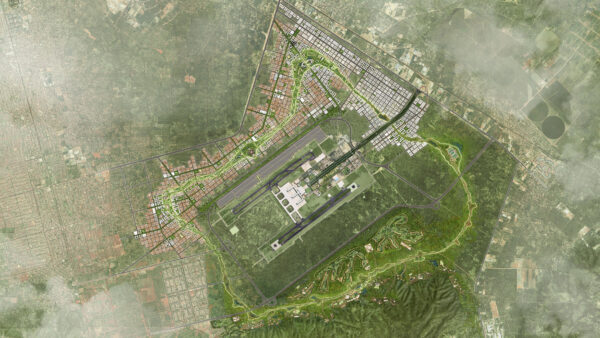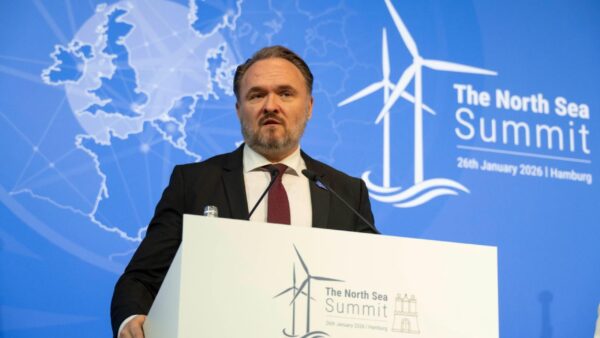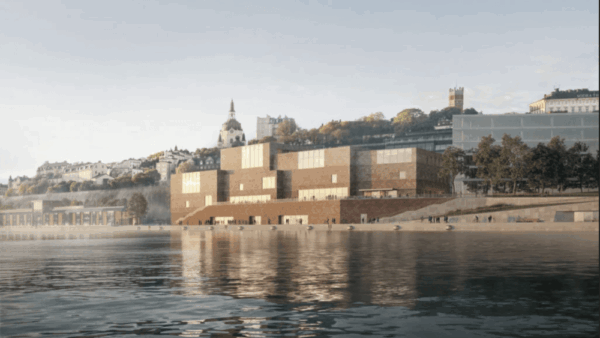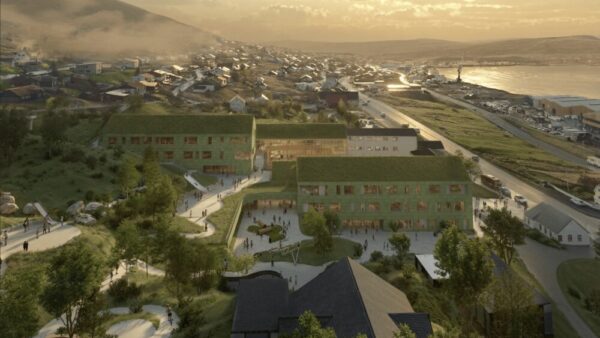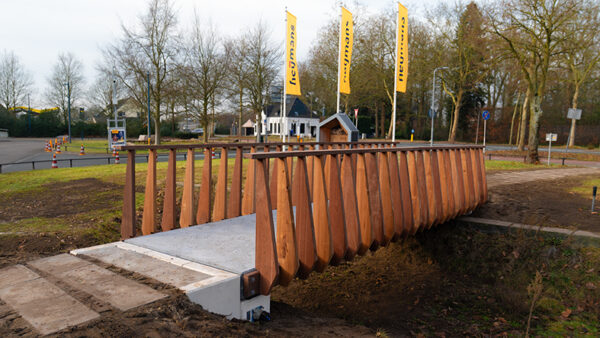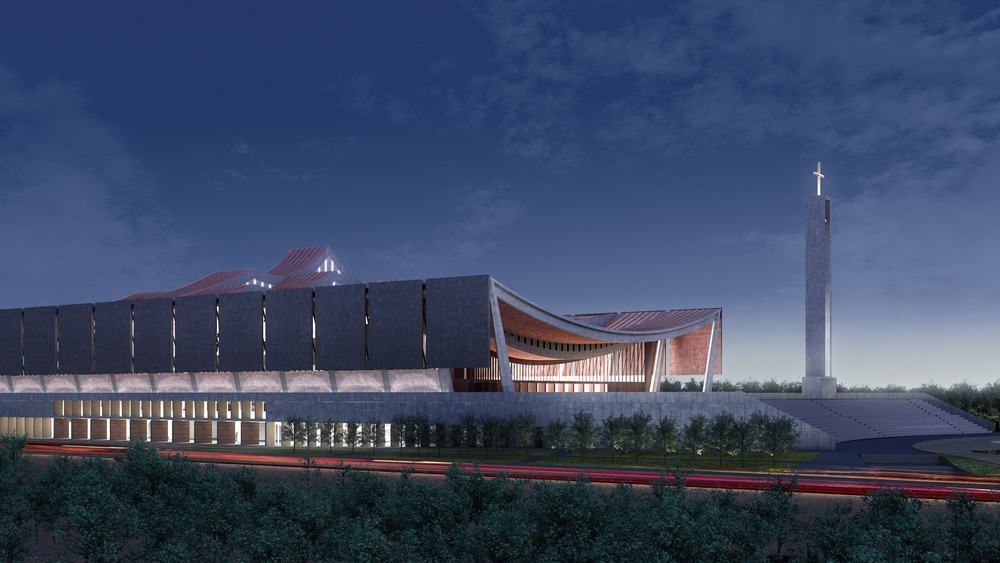
Launched by previous president Nana Akufo-Addo, Ghana’s new, $400m National Cathedral was meant to be the “physical embodiment of unity, harmony and spirituality”, designed by British-Ghanaian architect Sir David Adjaye.
It was to be situated in nine acres of landscaped gardens adjacent to Osu Cemetery, containing multiple chapels, a baptistery, a 5,000-seat, two-floor auditorium, a central hall, music school, art gallery and Africa’s first Bible Museum.
With $97m already spent and only 8% of work complete – according to a July report issued by the secretariat overseeing the project – Ghana’s new president John Mahama, who assumed office in January this year, has taken steps to call the whole thing off.
Following an audit of the secretariat’s operations over 2021-23, completed in May by Deloitte and Touche, Mahama has dissolved the secretariat, effective 1 May, the president’s office announced on 18 July.
This announcement said the audit had “uncovered a litany of financial irregularities, procurement breaches, and a ‘general lack of due process’”.
It said Mahama had asked Ghana’s auditor-general to commission a “comprehensive forensic audit” into the operations.
Mahama had also instructed the country’s attorney general and justice minister to take legal steps to “lawfully terminate the contract for the National Cathedral project”, it said.
In the announcement, government communications minister Felix Kwakye Ofosu said the audit’s findings “rock the very foundation of the project and the work of the Secretariat and raise serious questions about the use of public funds”.
Spreading blame
A second announcement from the president’s office on 18 July seemed to try to spread blame to the project’s consultants and contractors, saying the audit “revealed alarming discrepancies and questionable financial practices”.
It raised concerns about Adjaye Associates, consultant The Nehemiah Group, headquartered in Louisville, Kentucky, and the project’s main contractor, Ribade JV.
It claimed the audit found “troubling variances” in consultancy fees paid to Adjaye Associates.
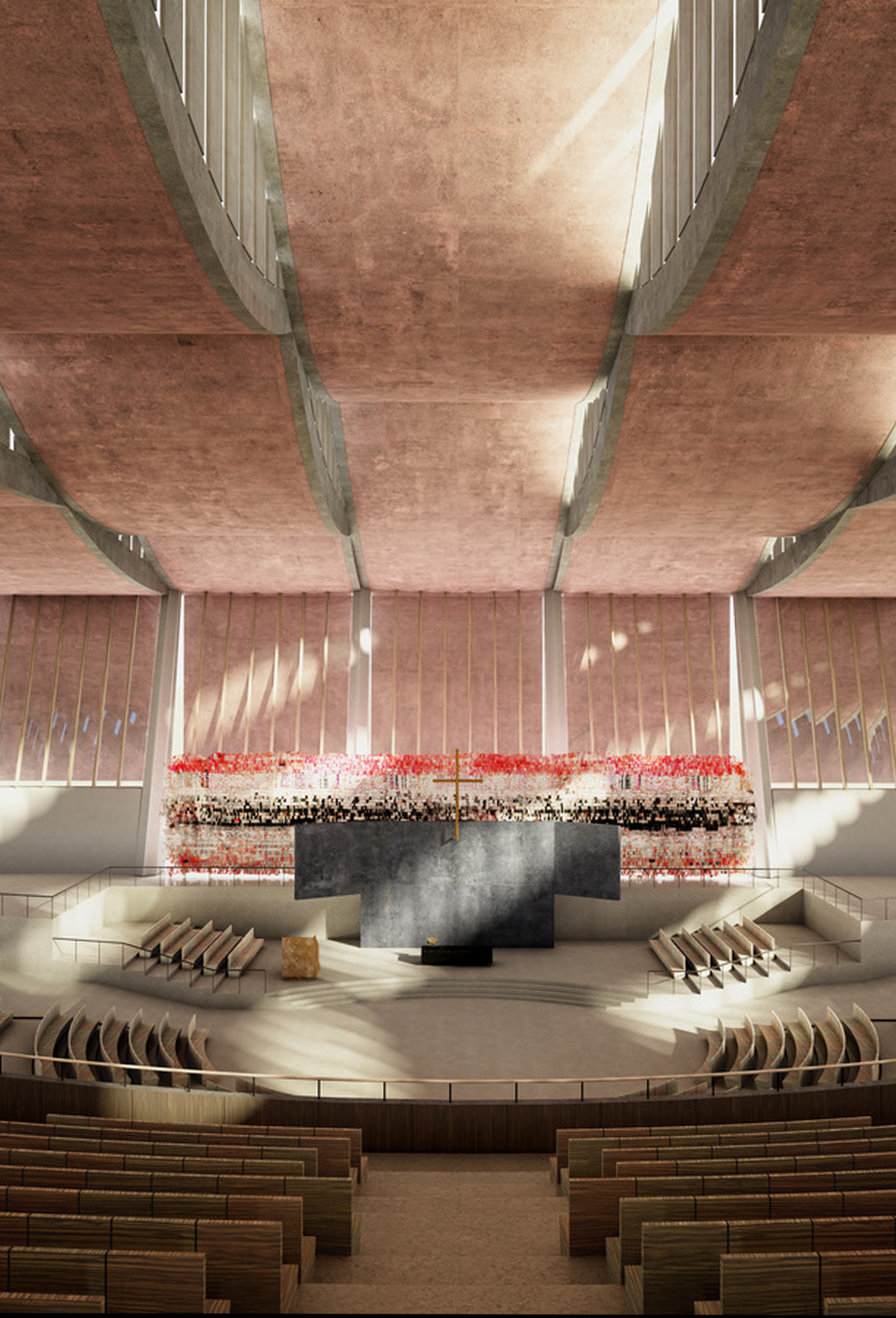
The variance the announcement cited was the difference between the amount the president’s office said it had paid the firm – 113,040,564.86 Ghanaian cedis, or US$10,370,694, using today’s exchange rate – and the amount Adjaye Associates said it was paid for the project – 117,972,656 cedis, or US$10,823,179.45.
That left an “unexplained difference” of 4,932,091.14 cedis, or US$452,485.43 (at today’s exchange rate), the announcement said.
Wrongdoing denied
However, a spokesperson for Adjaye Associates pointed out to GCR that the difference is fully explained in a full statement by government communications minister Felix Kwakye Ofosu on the audit’s findings, published 18 July on Ghana’s 3News website.
Ofosu’s statement adds up fees paid by the president’s office plus fees paid by Ghana’s Ministry of Finance to arrive at exactly the 117,972,656 cedis Adjaye Associates said it received.
“The Deloitte audit for the National Cathedral of Ghana makes clear that there is no discrepancy in payments made to David Adjaye or Adjaye Associates,” a spokesperson for the firm told GCR in a statement.
The spokesperson added: “All funds dispensed were within the scope of the contract and there has been no misallocation of any amount. These are the facts and can be verified by a full reading of the statement issued by the government of Ghana on 18 July 2025.”
The 18 July statements, both the one published on 3News and the second one issued by the president’s office, raise other issues concerning Adjaye Associates, including project authorities paying the firm a total of 15,738,750 cedis (around US$1.44m today) before the formal agreement with the firm was signed in August 2019.
That, however, like other issues raised, would be for the project authorities to address.
The Nehemiah Group declined GCR’s request for comment. It was not possible to reach Ribade JV.
Beginning and ending in controversy
The National Cathedral project was controversial from its inception in a country whose population is 71.3% Christian, 19.9% Muslim, and 8.8% other, according to Ghana’s 2021 census, and where poverty levels are high.
“At a time when taxes are going up, banks have collapsed and you can’t pay for social programmes, is it really the thing to do to build a cathedral?” Yaw Nsarkoh, vice-president of Unilever for Ghana and Nigeria, commented to the Financial Times in November 2018.
The way it’s turning out also highlights the risks to firms joining controversial projects that are elevated to the status of “sacred” national missions when the procuring authority appears poorly equipped to manage a big project effectively.
- Subscribe here to get stories about construction around the world in your inbox three times a week

